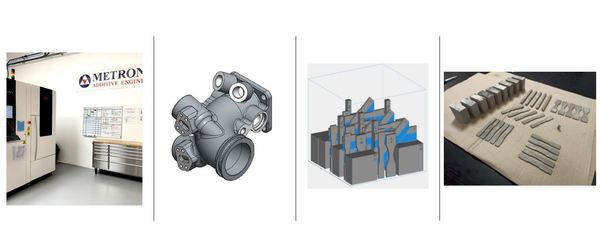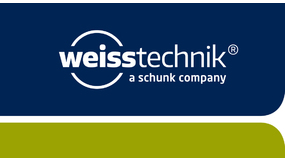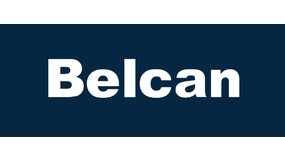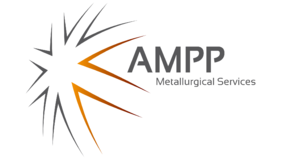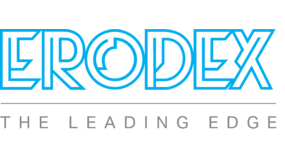MAA member Metron demonstrates how the new technology can enable companies to diversify into aerospace
Metron is an international engineering design consultancy which has built a reputation as a world leader in high-performance composites, especially for the elite sports market.
The composite revolution was driven largely by the twin requirements of high strength and low weight. Over recent years, the company has included additive manufacturing in its business portfolio, having realised that this was another technology that could address the same requirements, but using metal rather than composites.
Metron had purchased an Arcam Q10 EBM additive machine and began manufacturing titanium parts for elite sports such as cycling and sailing, where the brief was to produce equipment that was 'best in class'.
Building a reputation for additive-manufactured titanium
Metron was able to draw on the parallels between design for composites and design for additive manufacture and was quickly able to build a reputation as a leader in the field of titanium. In addition to producing components for elite cycling and sailing, the company has been able to extend its market base to include the medical, auto sport and space industries.
Diversifying into aerospace was an obvious next step, but this presented Metron with a challenge: how could the company convince potential aerospace customers that it could conform to notoriously tough industry quality requirements? Having acquired AS9100 RevD certification, Metron now needed to understand how to make its additive manufacturing quality processes and procedures aerospace-ready.
Getting ready to meet aerospace quality requirements
After discussions with MAA Technology Manager, Peter Knight, two DRAMA* support packages were identified as being best fitted to Metron's aerospace aspirations, supporting process quality and process validation.
A team of National Centre for Additive Manufacturing (NCAM) quality experts visited Metron and spent a day carrying out a detailed process-quality health check. The team first reviewed quality processes and supporting procedures against the specific requirements of additive manufacture and then turned their attention to how Metron demonstrated compliance.
Metron wanted to be able to enter aerospace production within two to three years so the NCAM team divided their findings into actions within this timescale to allow Metron to make the necessary changes and improvements against a realistic and achievable plan.
Identifying the routes to becoming aerospace-ready
NCAM engineers then sought to provide guidance on how to work toward meeting the process-validation requirements for the manufacture of aerospace components using EBM powder bed fusion. They reviewed the advisory documents from the regulatory aerospace bodies, influential additive manufacturing adopters and the centre’s experts in the field.
A comprehensive report was produced describing the potential routes to becoming an aerospace supplier, accompanied by guidance on the suggested controls from aerospace standards for each stage of the EBM-PBF manufacturing process. The final part of this report covered the definition of a validation test matrix which could be used to demonstrate the ability to manufacture acceptable product, both consistently and repeatedly.
For this exercise, a target component was provided by Advanced Innovative Engineering in the form of a complex throttle body used on unmanned aerial vehicle engines. NCAM engineers devised a validation test matrix derived from the key design requirements for the throttle body, and a subset of inspections and mechanical tests were defined. This included powder tests, optical micrographs, XCT scans, tensile, fatigue and fracture toughness tests and chemical analysis on a total of 105 additive manufactured samples built by Metron in line with their current processes and procedures. A full analysis of all test results was included in the final report.
Could your company benefit from additive manufacturing expertise?
The DRAMA programme has helped Metron accelerate its progress toward entering additive-manufacturing production in line with its ambitious timescales, demonstrating how accessing the expertise of industry professionals helps companies achieve their goals.
If your company is interested in exploring additive manufacturing to drive sustainability and gain competitive advantage, you could be eligible for funding and expert support through the Aerospace UP programme which is currently open for applications. Find out more here.
*Digital Reconfigurable Additive Manufacturing facilities for Aerospace, The programme was led by the Manufacturing Technology Centre (MTC) – home to the National Centre for Additive Manufacturing – and included the Midlands Aerospace Alliance, ATS, Autodesk, Granta Material Intelligence, NPL, Renishaw and the University of Birmingham.
